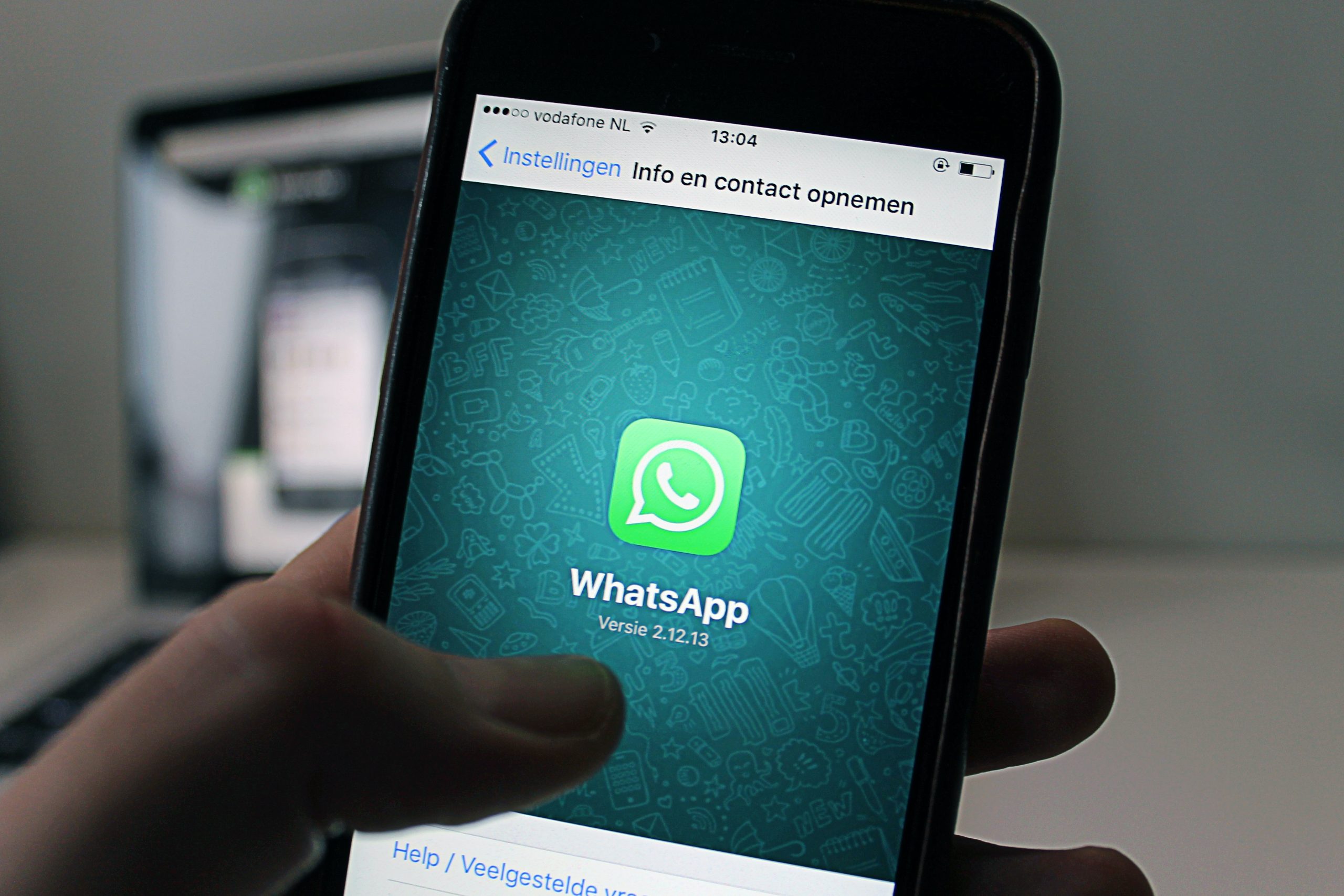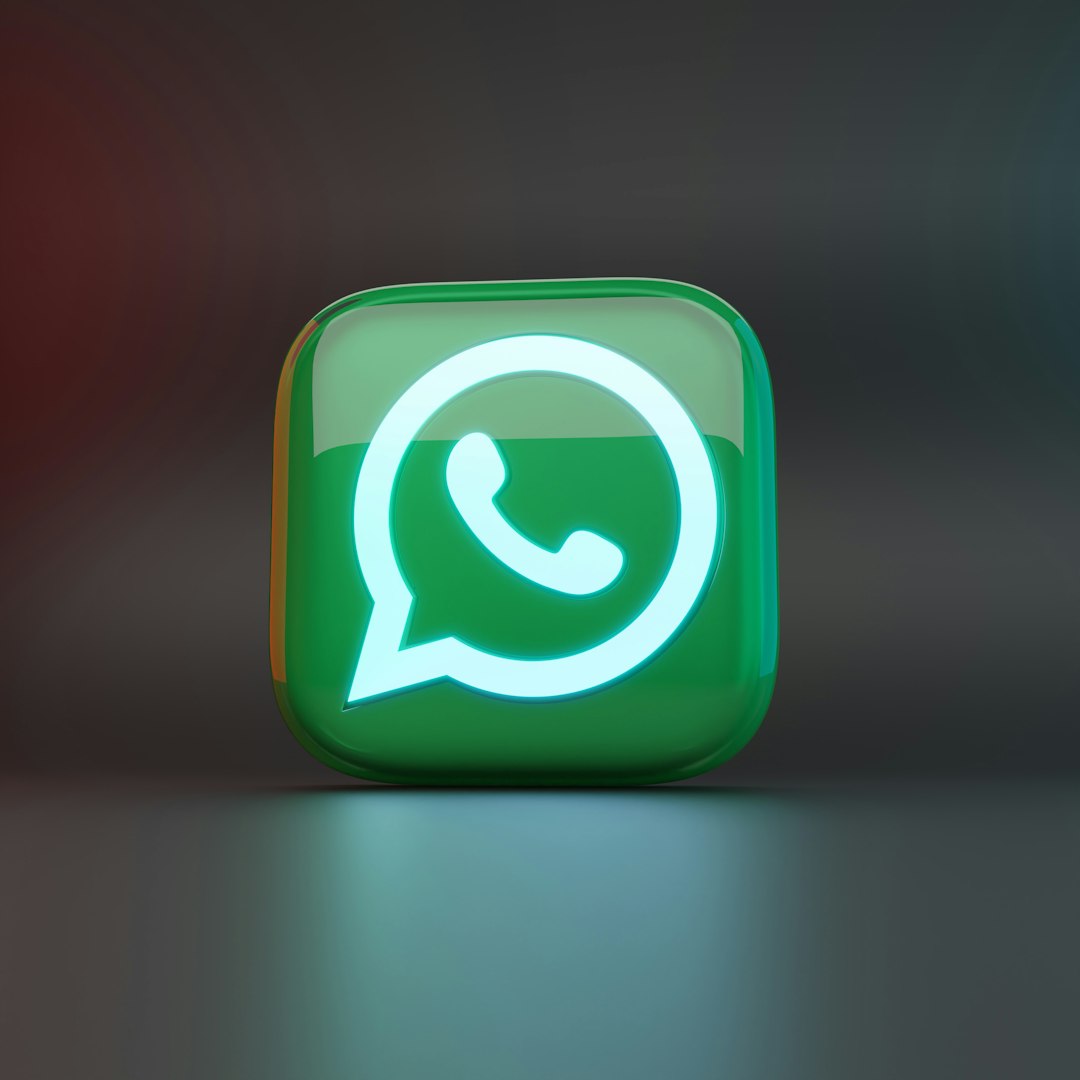Table of Contents
In today’s fast-paced digital age, communication apps have become essential for staying in touch with friends, family, and colleagues. Among these platforms, WhatsApp has established itself as one of the most widely used messaging services globally. With over two billion users, the app offers features like text messaging, voice calling, video calling, and multimedia sharing. But as people become more privacy-conscious, questions about what others can see or detect have begun to rise—especially on the topic of screenshots. A common curiosity is: Can someone see if you screenshot on WhatsApp?
Understanding WhatsApp’s Privacy Philosophy
WhatsApp has always prioritized end-to-end encryption and user privacy. This commitment means that the contents of conversations are protected from being accessed by third parties, even WhatsApp itself. However, the question of screenshot detection falls outside of encryption parameters and more squarely within user transparency features, similar to read receipts and typing indicators.
Unlike apps such as Snapchat, which notifies users when someone screenshots a snap or chat, WhatsApp currently does not offer such a feature. This means that if someone takes a screenshot of a chat, image, video, or any other type of message, the other party will not receive any notification or alert.
Screenshot Behavior Across Different WhatsApp Features
It’s important to consider how screenshots operate within the context of WhatsApp’s various functions. Here’s how it breaks down:
- Text Chats: Screenshots taken of text messages do not trigger any notification.
- Media Files (Photos and Videos): Similarly, saving or screenshotting media files does not alert the sender.
- Status Updates: Taking a screenshot of someone’s status won’t send them a notification.
- Voice or Video Calls: Even if you’re on a call and capture your screen, the other party won’t know.
Thus, across every major category in WhatsApp, taking a screenshot remains a private action visible only to the person doing it.

Exception: View Once Media
In 2021, WhatsApp introduced a feature called “View Once” for photos and videos. This function allows users to send media that vanishes after being opened once, mimicking more temporary communication forms seen in platforms like Instagram and Snapchat.
With this comes a slightly different situation. WhatsApp does not notify users if someone screenshots a “view once” photo or video. However, this is somewhat controversial, as the intention behind the feature is to limit the media’s permanent retention. Unlike Snapchat, which actively tries to restrict or flag screenshots, WhatsApp has no detection mechanisms in place as of now.
That said, WhatsApp has begun testing an upgrade in its beta versions that blocks screenshots entirely when “view once” media is received. While this isn’t rolled out to every user yet, it signals a potential shift in WhatsApp’s stance on screenshot detection for certain sensitive content.
Why Doesn’t WhatsApp Alert Screenshots?
There are a few reasons why WhatsApp hasn’t incorporated screenshot alert functionalities into its feature set:
- Scope of Privacy: WhatsApp’s primary concern is data encryption and user content protection from outside parties, not necessarily user interaction policing.
- User Convenience: Adding screenshot detection might complicate the user experience, introducing more restrictions or notifications than desired.
- Lack of Necessity: WhatsApp is fundamentally different in its usage compared to platforms like Snapchat, where ephemeral content is the selling point.
Potential for Future Changes
As mentioned earlier, WhatsApp is already experimenting with blocking screenshot functionality for specific types of content. This suggests that while traditional messages might continue to allow private screenshots, we’ll likely see increased controls on temporary media types. Whether this control will extend to include screenshot notification is still uncertain.

Moreover, with rising concerns over digital security and personal data misuse, WhatsApp may eventually integrate more privacy-enhancing tools. Whether that includes screenshot alerts or broader content protection remains to be seen, but the landscape is evolving rapidly.
What Can You Do to Protect Your Privacy?
If you’re worried about someone capturing your messages or media through screenshots, you have a few options to enhance your privacy on WhatsApp:
- Use “View Once”: While not foolproof, it adds a layer of intention to your message sharing.
- Restrict Media Forwarding: Avoid sending sensitive content that can easily be shared or saved.
- Manage Your Contacts: Only communicate with people you trust.
- Enable Security Features: Use features like two-step verification and biometric access to ensure only you can access your chats.
Ultimately, digital privacy is a shared responsibility. Apps can provide tools, but users must exercise caution in their communication habits.
FAQ: Screenshot Detection on WhatsApp
-
Q: Can someone tell if I screenshot their WhatsApp message?
A: No, WhatsApp does not notify users when someone takes a screenshot of a message. -
Q: Does WhatsApp notify about screenshots on ‘view once’ media?
A: As of now, it does not, although future updates may introduce such controls or restrictions on screenshots. -
Q: Is there any part of WhatsApp that restricts screenshots?
A: Some beta versions of WhatsApp are testing a feature that blocks screenshots for “view once” media, but it isn’t universally available yet. -
Q: Can I be sure someone didn’t screenshot my chat?
A: No. Unless they tell you or share the screenshot, there’s currently no way to know. -
Q: Are there third-party apps that can detect WhatsApp screenshots?
A: No legitimate apps can provide accurate screenshot detection for WhatsApp due to the way it is built and its privacy protections.
In conclusion, while WhatsApp provides numerous features to secure communication, it does not currently notify users of screenshots, leaving it up to individual responsibility to maintain privacy. As user expectations evolve, future versions of the app may offer more control over this aspect.
